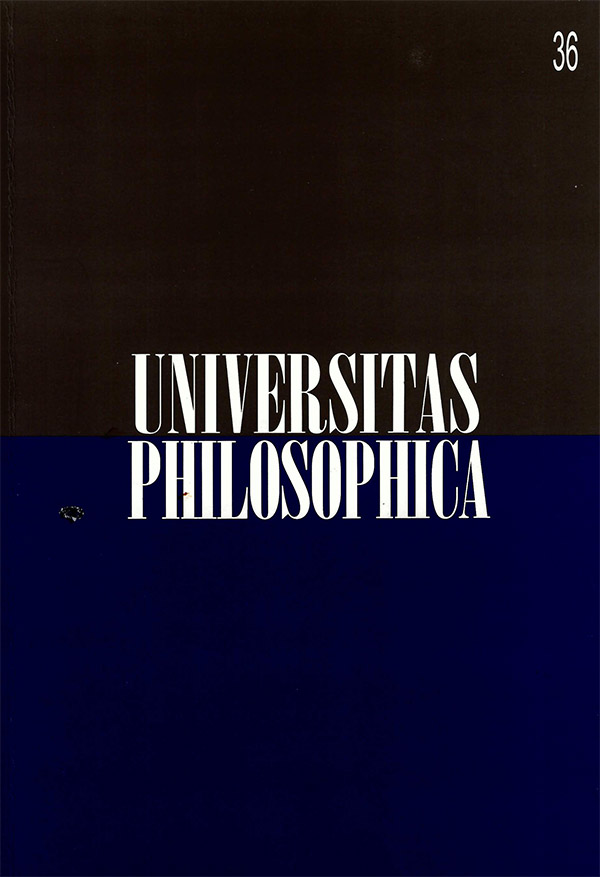Abstract
The main task developed by Wittgenstein concerning the relations between language and thought was to insist on their conceptual aspect —which he called grammatical. In the first place this paper reviews the main conceptual rectifications Wittgenstein thought had to be made in order to improve the investigation of such relations. An argument that I have calle The Argument From Anyone To Everyone is examined in the middle part of the paper: it implies a closer look to Philosophical Investigations § 344-350. The point is that this argument prevents us from recognizing the need to accomplish such rectifications. The analysis of the argument leads to the conclusion that language and thought have to be ruled by the principie of systematicity of sense (of meaning) similar to the one commonly invoked by the cognitive sciences in general. The final part of the paper resorts to material from Zettel in order to present Wittgenstein criticism on the principie of systematicity of sense.
This journal is registered under a Creative Commons Attribution 4.0 International Public License. Thus, this work may be reproduced, distributed, and publicly shared in digital format, as long as the names of the authors and Pontificia Universidad Javeriana are acknowledged. Others are allowed to quote, adapt, transform, auto-archive, republish, and create based on this material, for any purpose (even commercial ones), provided the authorship is duly acknowledged, a link to the original work is provided, and it is specified if changes have been made. Pontificia Universidad Javeriana does not hold the rights of published works and the authors are solely responsible for the contents of their works; they keep the moral, intellectual, privacy, and publicity rights.
Approving the intervention of the work (review, copy-editing, translation, layout) and the following outreach, are granted through an use license and not through an assignment of rights. This means the journal and Pontificia Universidad Javeriana cannot be held responsible for any ethical malpractice by the authors. As a consequence of the protection granted by the use license, the journal is not required to publish recantations or modify information already published, unless the errata stems from the editorial management process. Publishing contents in this journal does not generate royalties for contributors.


